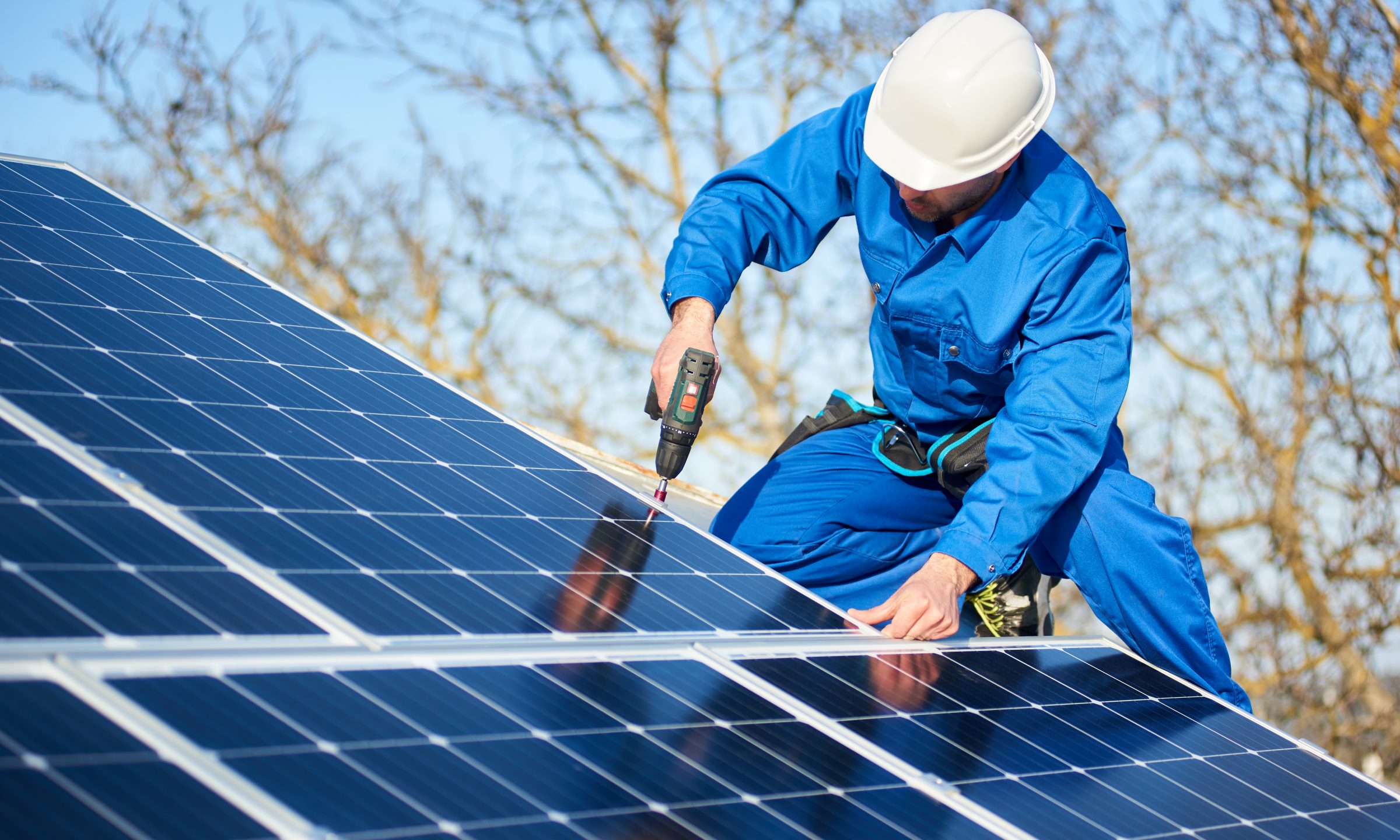
For the past few years, power costs have been increasing while solar energy keeps getting more and more popular. Are you thinking of installing solar panels on your home?
If so, there are several must-know factors you might need to keep in mind first. There are some great perks to going solar, but you should always do your research first before committing. Keep reading to see more information.
1. Condition of Your Roof
First, you need to check if the condition of your roof qualifies to be installed with panels. Inspect for any loose or missing shingles, cracks, or other damage. If the roof needs repair, it’s best to get them done before installing the panels.
Don’t forget to consult the roof structure and its orientation, as well as potential sun exposure or any nearby shade.
2. Weather and Climate in Your Area
Solar panels need direct sunlight to work properly, so the weather and climate of your area can impact the amount of energy generated. If your area is often cloudy or experiences a lot of weather changes, you may not get the full benefit of solar panels.
You should also research the average amount of sunlight each day and the average temperature to make sure the panels will be able to make enough solar production.
3. Leasing or Buying
The third factor you need to consider is whether you want to lease or buy the panels. You can lease panels if you don’t have the money to buy them outright, but you will have to make monthly payments. Buying the panels will save you money in the long run, but you need to ensure you have the money upfront.
4. Types of Solar Panel
Before you invest, you need to know which type of solar panel most fits your house and budget.
The first variation, monocrystalline, is the best choice if your priority is efficiency, but it is more expensive than others. Next is polycrystalline, which is more popular due to its affordable market price. Lastly, thin films are commended for their low cost and portable nature, yet, they may not last long.
5. Grid vs. Off-Grid
Grid-connected solar panel systems are linked to the public electricity grid. This means you can sell any excess power generated to the grid or draw when your solar panels are not producing enough power.
Off-grid solar panel systems, on the other hand, are not connected, so you must generate all of your own power. This option is appropriate if you want to be self-sufficient or live in an area without access to the public grid.
6. Installation and Warranty
During the installation process, you should hire a licensed installer or company to work on your solar panels appropriately. Also, you must understand the terms of the manufacturer’s warranty in case something goes wrong with the product. Usually, warranties last for up to 25 years or more.
7. Costs and Savings
The initial cost of solar panels may seem like a large investment, but there are major long-term savings to consider. Solar panels will save you money on your electricity bills and may even increase the value of your home. If you want to experience that, visit this website.
Live Green Through Installing Solar Panels
As you can see, there are a number of factors to consider before installing solar panels in your home. Weigh the benefits, risks, and costs carefully to make the best decision for your home. Truly, this is a wise and sustainable investment.
Are you interested in more information on innovations from across the technology field? Then, check out our blog updates today!




Leave a Reply